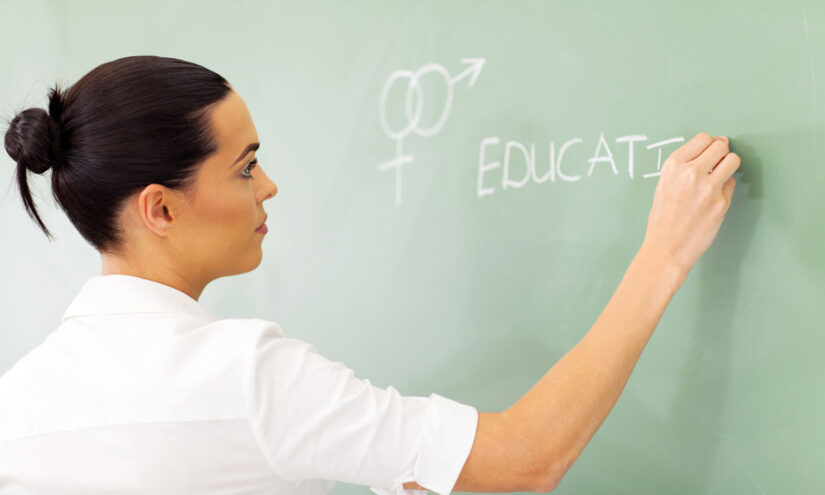During this summer, a team of students from MIT embarked on a journey to the sou …
Lawsuit Filed by Montana Students and Educators Against Human Sexuality Parental Notification Law
Jennifer Livingstone

A coalition of Montana students, educators, and advocacy groups has lodged a legal challenge against a 2021 state law mandating that schools provide a 48-hour advance notice to parents before addressing topics related to “human sexuality” with students.
The lawsuit, filed in Lewis and Clark County District Court, aims to permanently halt the enforcement of Senate Bill 99, contending that it infringes on various constitutional rights, including freedom of speech, privacy, due process, equal protection, and the right to a quality education.
Representing the plaintiffs, which include the ACLU of Montana, the Montana School Counselors Association, and the Montana Association of School Psychologists, are three law firms seeking to challenge the vague language of SB 99, which they argue has created a climate of uncertainty and hindered educational opportunities for students.
In response to the lawsuit, Governor Greg Gianforte and Superintendent of Public Instruction Elsie Arntzen reiterated their commitment to upholding the law, emphasizing parental rights to be informed about potentially explicit content in their children’s education.
The legal action targets key state officials, alleging that SB 99 has been misused to restrict discussions on gender identity, sexual health, and LGBTQ+ issues in schools, ultimately marginalizing and silencing these communities.
Concerns raised in the lawsuit extend to how the law has impacted the ability of educators to address diverse topics in the classroom, resulting in self-censorship and limitations on students’ exposure to comprehensive educational content.
The lawsuit points out that the lack of clear guidelines on implementing SB 99 has led to a chilling effect on classroom discussions and educational materials, adversely affecting the learning environment and hindering students’ access to information.
An essential component of the lawsuit is the contention that SB 99 infringes on students’ rights to receive a quality education, inhibiting their exposure to diverse perspectives and essential information on sexuality, gender identity, and related issues.
Furthermore, the lawsuit argues that the law’s ambiguous language and undefined terms have exacerbated the challenges faced by educators in delivering comprehensive and inclusive instruction, leading to a chilling effect on academic freedom and the exchange of ideas in schools.
The legal challenge underscores the impact of SB 99 on students, educators, and mental health professionals, highlighting the need for a more nuanced and inclusive approach to addressing sensitive topics in the classroom.
By seeking to invalidate SB 99 and secure damages for the plaintiffs, the lawsuit aims to protect students’ rights to access information, receive a quality education, and engage in open discussions on critical issues affecting their well-being and academic development.
The legal battle over SB 99 reflects broader concerns about the role of government in shaping educational policies and the importance of safeguarding students’ rights to receive comprehensive and inclusive instruction on issues of sexuality, gender identity, and human rights.
As the lawsuit proceeds, the plaintiffs seek judicial intervention to address the constitutional infirmities of SB 99 and uphold the principles of academic freedom, equal protection, and due process in Montana’s educational system.
For the plaintiffs in the case, the lawsuit represents a critical effort to challenge the overreach of SB 99 and protect the rights of students, educators, and advocates to promote a more inclusive and informed approach to discussions on sexuality, gender identity, and human rights.
With the legal battle over SB 99 ongoing, the outcome of the case will have far-reaching implications for Montana’s education system and the rights of students, educators, and advocates to engage in open and meaningful discussions on critical issues affecting their lives and well-being.

